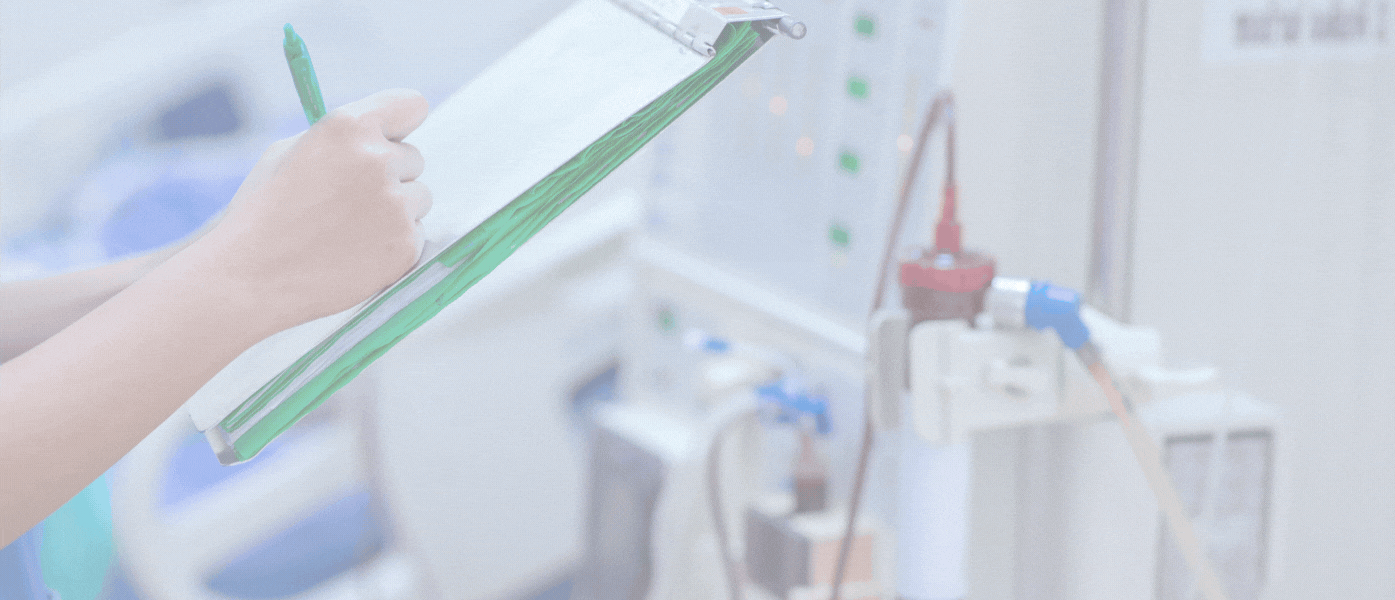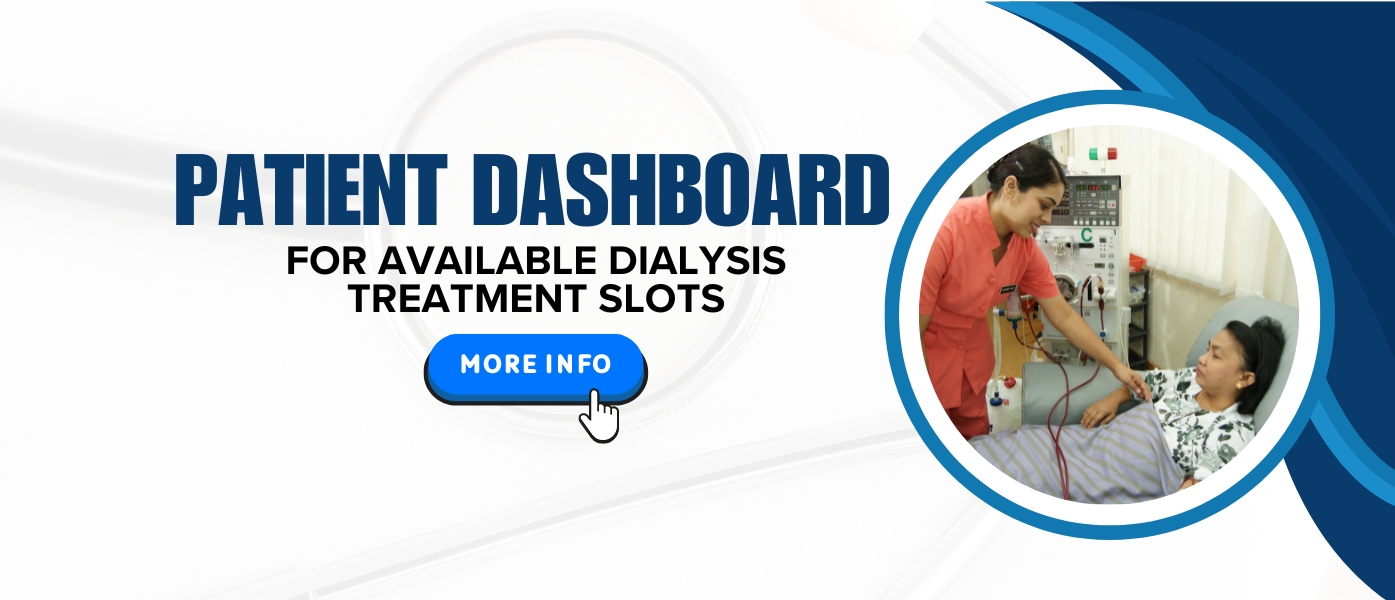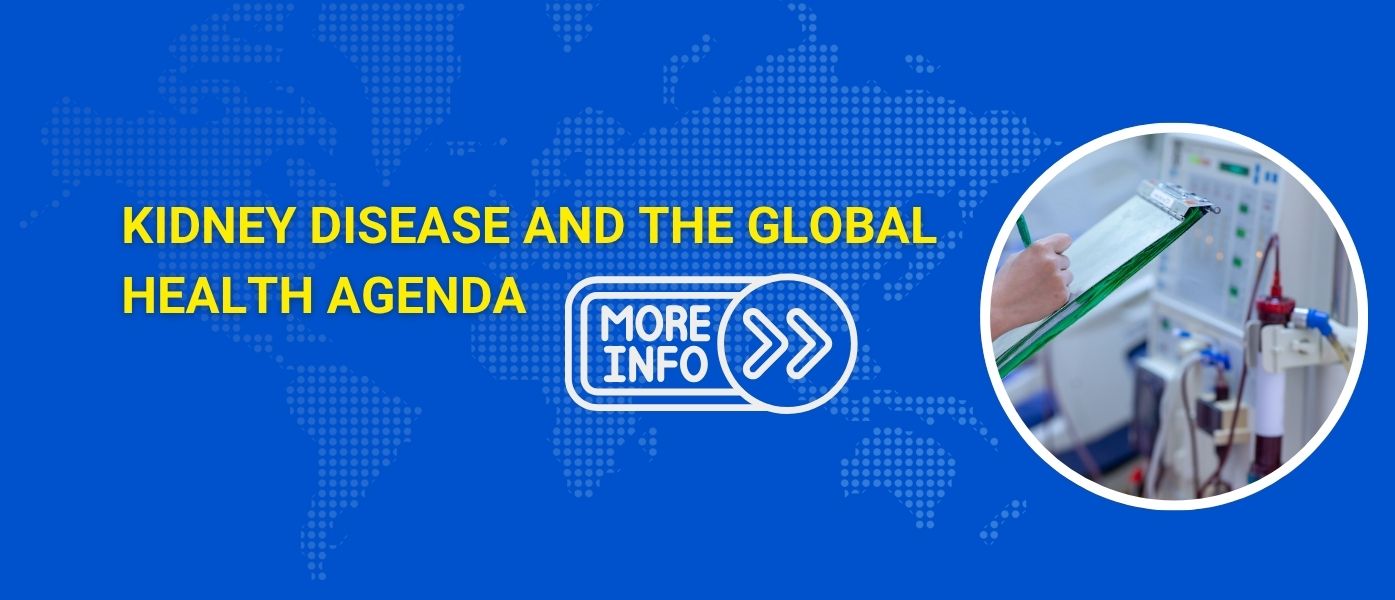- About Us
- KIDNEY DISEASE
- Public Education
- Treatment
- Patient Welfare
- Training
- Events
- Support Us
- Resources











To lead in the promotion and enhancement of kidney health and in the management and treatment of kidney disease.
Take charge of your kidney health today! Try our risk calculator to assess your risk and make informed choices for a healthier, brighter future..
The NKF relies on public generosity and corporate support to provide affordable treatment for patients.




(as at January 2026) dialysis patients to manage
Total of Centres
Total of Patients
